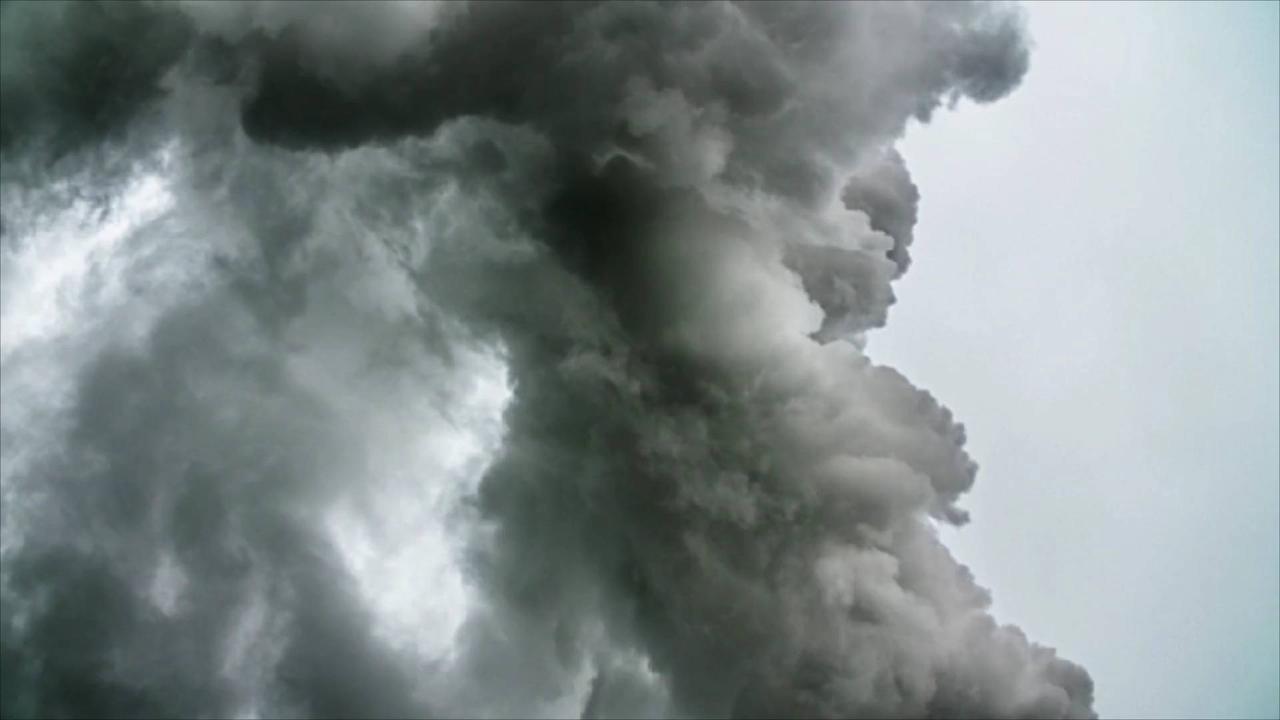
Analysis Finds , Alarming Link Between , Race and Air Pollution in the US.
A recent analysis by 'The Guardian' took a look at the places with the worst air pollution in the United States.
Here are some of the areas that made the list.
Birmingham, Alabama, According to the analysis, one of the nation's most racially-segregated cities is also one of the most polluted.
Central Atlanta, Similar to Birmingham, the analysis found that in the most-polluted parts of the city near interstates and the busiest air terminal in the U.S., Black people comprise the largest racial group.
Central Atlanta, Similar to Birmingham, the analysis found that in the most-polluted parts of the city near interstates and the busiest air terminal in the U.S., Black people comprise the largest racial group.
It’s true all over the country that, a lot of the time, we put our highways through African American communities.
That’s the story these maps tell, Brian Gist, an attorney with the Atlanta-based Southern Environmental Law Center, via 'The Guardian'.
Central Pennsylvania, 'The Guardian' reports that this area has a lot of agriculture, a transportation thoroughfare and industries that include plastic manufacturing and metal fabrication.
Central Pennsylvania, 'The Guardian' reports that this area has a lot of agriculture, a transportation thoroughfare and industries that include plastic manufacturing and metal fabrication.
St.
Louis Metro, According to 'The Guardian' analysis, the populations in neighborhoods with the highest PM2.5 levels, or fine particles of air pollution, were found to be 52% Black.
St.
Louis Metro, According to 'The Guardian' analysis, the populations in neighborhoods with the highest PM2.5 levels, or fine particles of air pollution, were found to be 52% Black.
Houston, Similar to other U.S. pollution hotspots, 80% of residents in Houston's most polluted tracts are people of color.
Houston, Similar to other U.S. pollution hotspots, 80% of residents in Houston's most polluted tracts are people of color.
The polluting facilities are all located in our neighborhoods.
And then when we start looking at which communities are most likely to have elevated asthma, respiratory problems, diabetes, heart disease, stroke or COVID, it’s like, ‘Oh my God, it’s the same map!’ That’s what we’re mad about, Robert Bullard, environmentalist and professor at Texas Southern University, via 'The Guardian'
